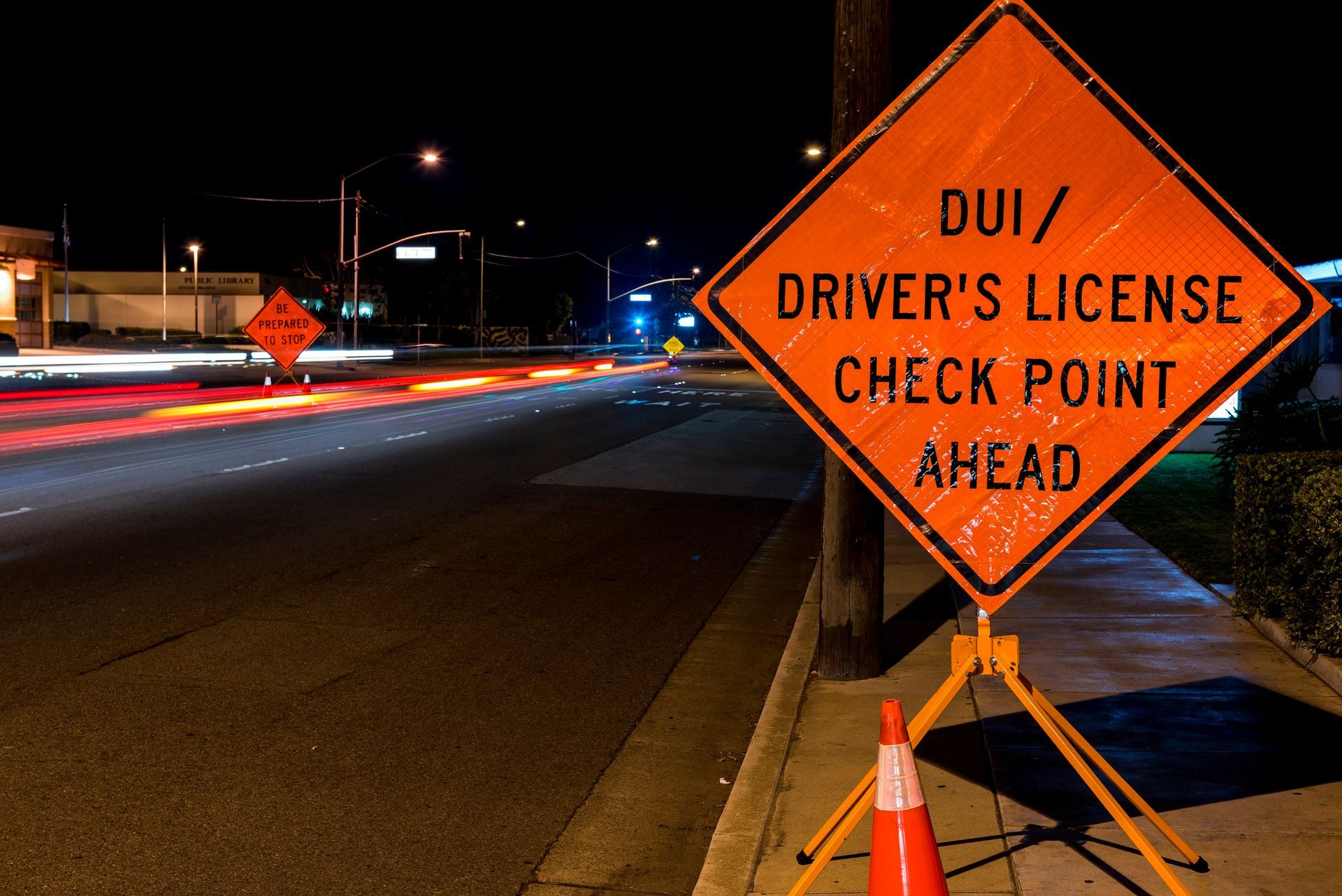Have you Been Charged With Internet Crimes?
If you find yourself facing charges related to internet crimes, understanding your legal rights and potential defenses is crucial. In the digital age, where technology intertwines with our daily lives, accusations of internet-related offenses have become more prevalent. Here's some common defenses a seasoned criminal defense attorney may employ to defend you against an Internet crime you've been accused of committing.
1. Lack of Intent: Establishing Innocence
One key defense strategy revolves around proving a lack of intent. Your attorney may argue that you had no malicious intentions behind your online activities. Whether it's hacking, fraud, or unauthorized access, demonstrating that you didn't knowingly engage in criminal behavior can be a powerful defense.
2. Insufficient Evidence: Poking Holes in the Prosecution's Case
A skilled criminal defense attorney will meticulously scrutinize the evidence against you. Any gaps or inconsistencies can be exploited to create reasonable doubt in the minds of the judge or jury. Unreliable witnesses, flawed forensic analysis, or weak digital trails can all be leveraged to weaken the prosecution's case.
3. Unlawful Search and Seizure: Protecting Your Fourth Amendment Rights
If law enforcement obtained evidence through an unlawful search and seizure, your defense attorney may challenge the legality of the evidence. The Fourth Amendment protects citizens from unreasonable searches, and if your attorney can demonstrate a violation of this right, it could lead to the exclusion of crucial evidence.
4. Entrapment: Were You Coerced into Committing a Crime?
Entrapment occurs when law enforcement induces an individual to commit a crime they would not have committed otherwise. Your defense attorney may argue that you were coerced or persuaded into engaging in illegal online activities by undercover agents. Successfully proving entrapment can result in the dismissal of charges.
5. Mistaken Identity: Asserting Your Innocence
In cases where online activities are linked to an individual, proving mistaken identity becomes a potent defense. Your attorney may present evidence that someone else, intentionally or unintentionally, used your identity online. This could involve showcasing disparities in online profiles, IP addresses, or device logs.
6. Lack of Expert Testimony: Exposing Weak Forensic Evidence
For internet crime cases, forensic evidence often plays a pivotal role. Your defense attorney may challenge the credibility of the forensic experts presented by the prosecution. If there are gaps in their qualifications, inconsistencies in their methodology, or doubts about the accuracy of their findings, it can significantly weaken the prosecution's case.
7. Illegal Wiretapping or Surveillance: Violating Privacy Laws
Privacy laws protect individuals from unwarranted surveillance. If your defense attorney discovers that law enforcement engaged in illegal wiretapping or surveillance, it can be grounds for suppressing evidence. This defense underscores the importance of upholding privacy rights even in the context of criminal investigations.
8. Statute of Limitations: Timing Is Everything
Understanding the statute of limitations is critical in defending against internet crime charges. If the alleged offenses occurred outside the legally defined timeframe, your defense attorney can argue that the charges should be dismissed due to the expiration of the statute of limitations.
Facing charges related to internet crimes can be daunting, but with a strategic defense, your rights can be protected. Whether it's establishing your lack of intent, poking holes in the prosecution's case, or asserting your innocence through mistaken identity, a skilled criminal defense attorney is your strongest ally. Remember, you are innocent until proven guilty, and with the right defense strategies, you can navigate the legal landscape with confidence.
If you have been charged with an Internet crime, you could benefit from hiring a criminal defense attorney to represent you. Reach out to Bowers Fawcett & Hurst, LLC serving the greater Western Pennsylvania region, to schedule a consultation with one of our criminal defense lawyers today.










